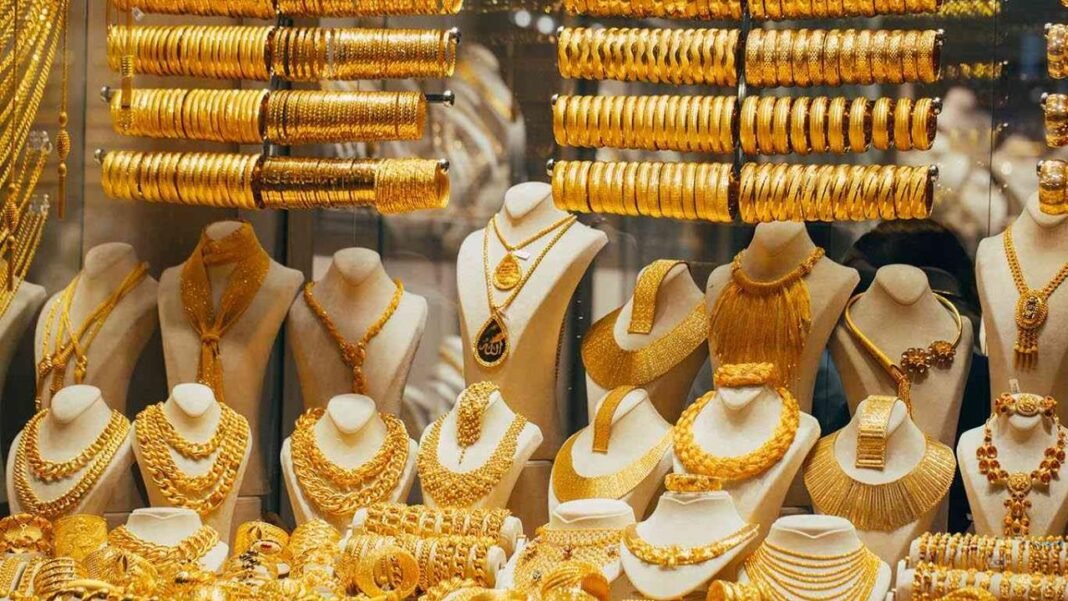Gold trading slowed as gold rates in Iraq saw a minor decline in both Baghdad and Erbil. Markets reacted with small shifts in prices across popular gold types.
On Baghdad’s Al-Nahr Street, the selling price for 21-carat gold stood at 680,000 IQD per mithqal. This included Gulf, Turkish, and European gold. Buyers paid 676,000 IQD for the same type.
Meanwhile, 21-carat Iraqi gold sold for 650,000 IQD per mithqal. Buyers purchased it at a slightly lower rate of 646,000 IQD. These updates reflect a light dip in gold rates in Iraq that caught traders’ attention.
Jewelry shops in Baghdad listed Gulf gold between 680,000 and 690,000 IQD per mithqal. Iraqi-made gold sold for a bit less, ranging from 650,000 to 660,000 IQD. Though the price drop was small, it influenced trading activity.
Erbil also showed small fluctuations. The market sold 22-carat gold for 712,000 IQD per mithqal. The 21-carat variety matched Baghdad’s level at 680,000 IQD. Meanwhile, 18-carat gold was available at 582,000 IQD per mithqal.
Market analysts tied the mild decrease to international gold movement and local demand. Consumers in Iraq continue adjusting spending habits, which also affects gold rates in Iraq.
Additionally, inflation has made many Iraqis cautious. Shoppers now seek better deals and track daily gold changes more often. Buying trends lean toward saving and investment rather than luxury.
One mithqal, Iraq’s standard gold unit, equals five grams. This measurement helps traders and customers alike assess market values easily.
Looking ahead, market stability is expected unless global demand spikes. Iraq’s gold market usually responds quickly to international trends and exchange rates.
Gold rates in Iraq fell slightly in Baghdad and Erbil. Prices for 21-carat gold dropped by a small margin. Market activity slowed, with consumers reacting cautiously. Analysts link the decline to global trends and local economic behavior.


